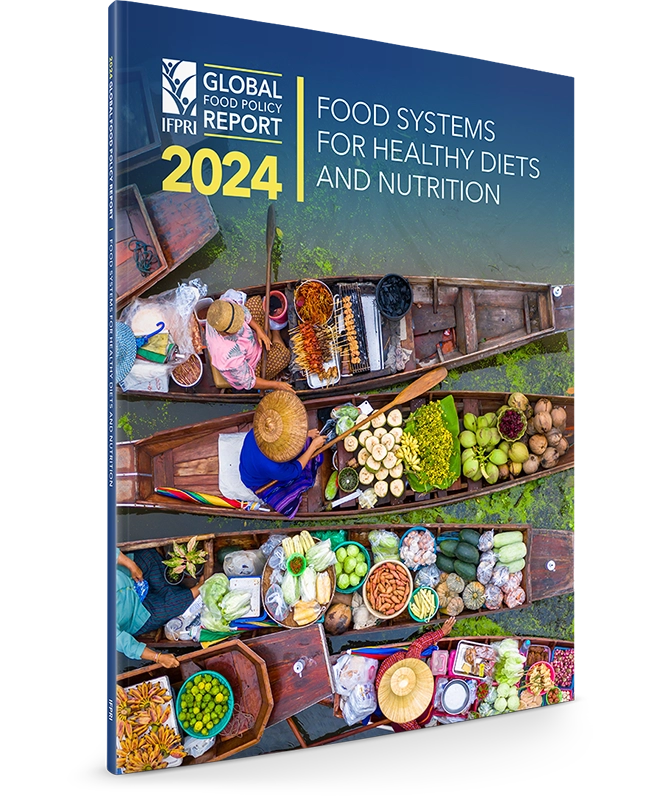Mindblown: a blog about philosophy.
-
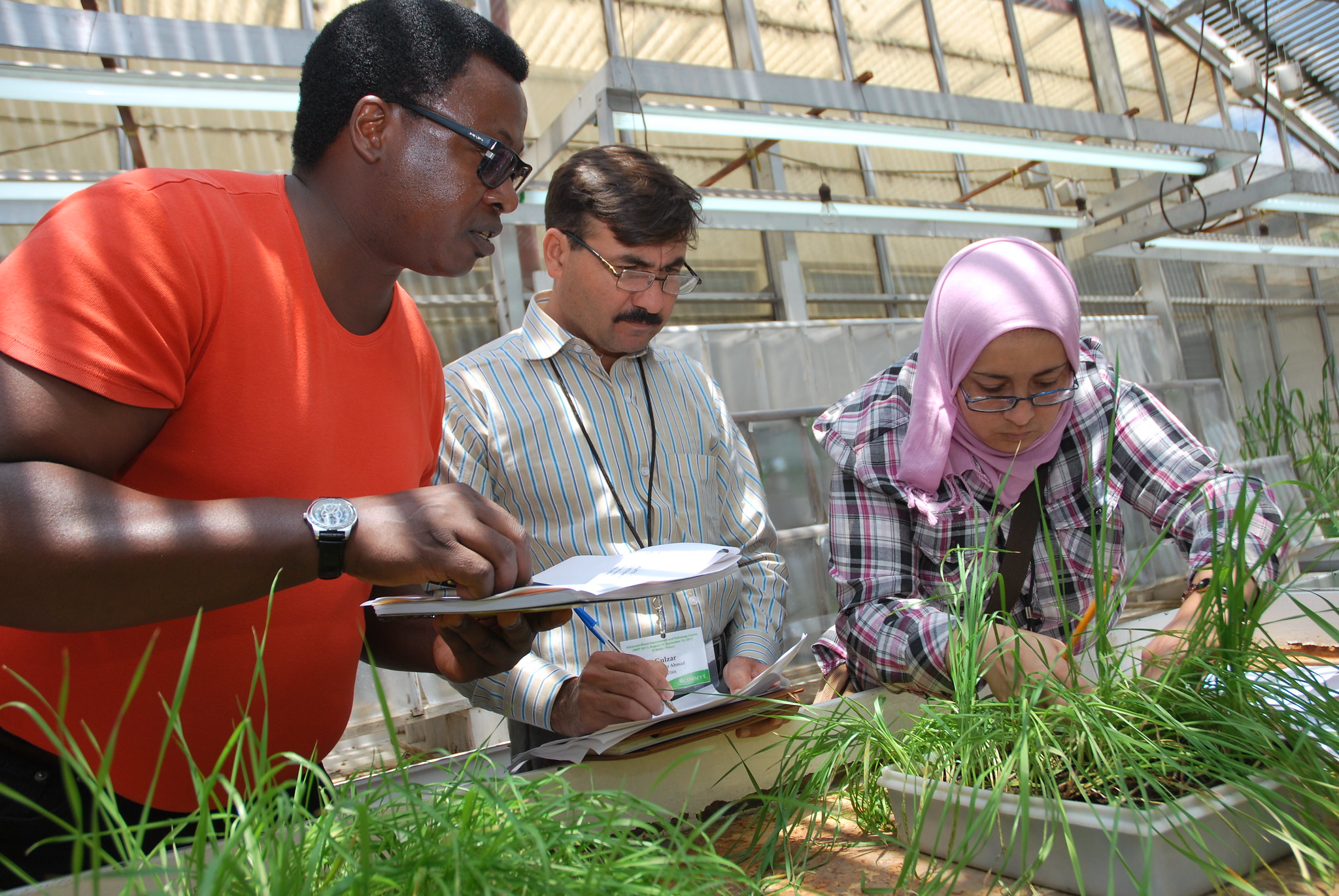
Agricultural Biotechnology
Since the development of the first biotech crop varieties, IFPRI has analyzed their costs, risks, and benefits for farmers and consumers in low- and middle-income countries.
-
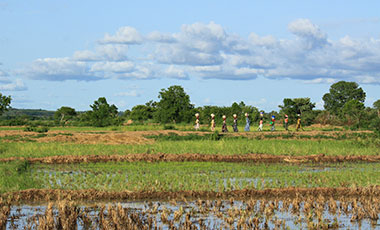
Meeting the SDGs
IFPRI provides research-based evidence, with an emphasis on country-led progress, to contribute to the achievement of multiple SDGs.
-
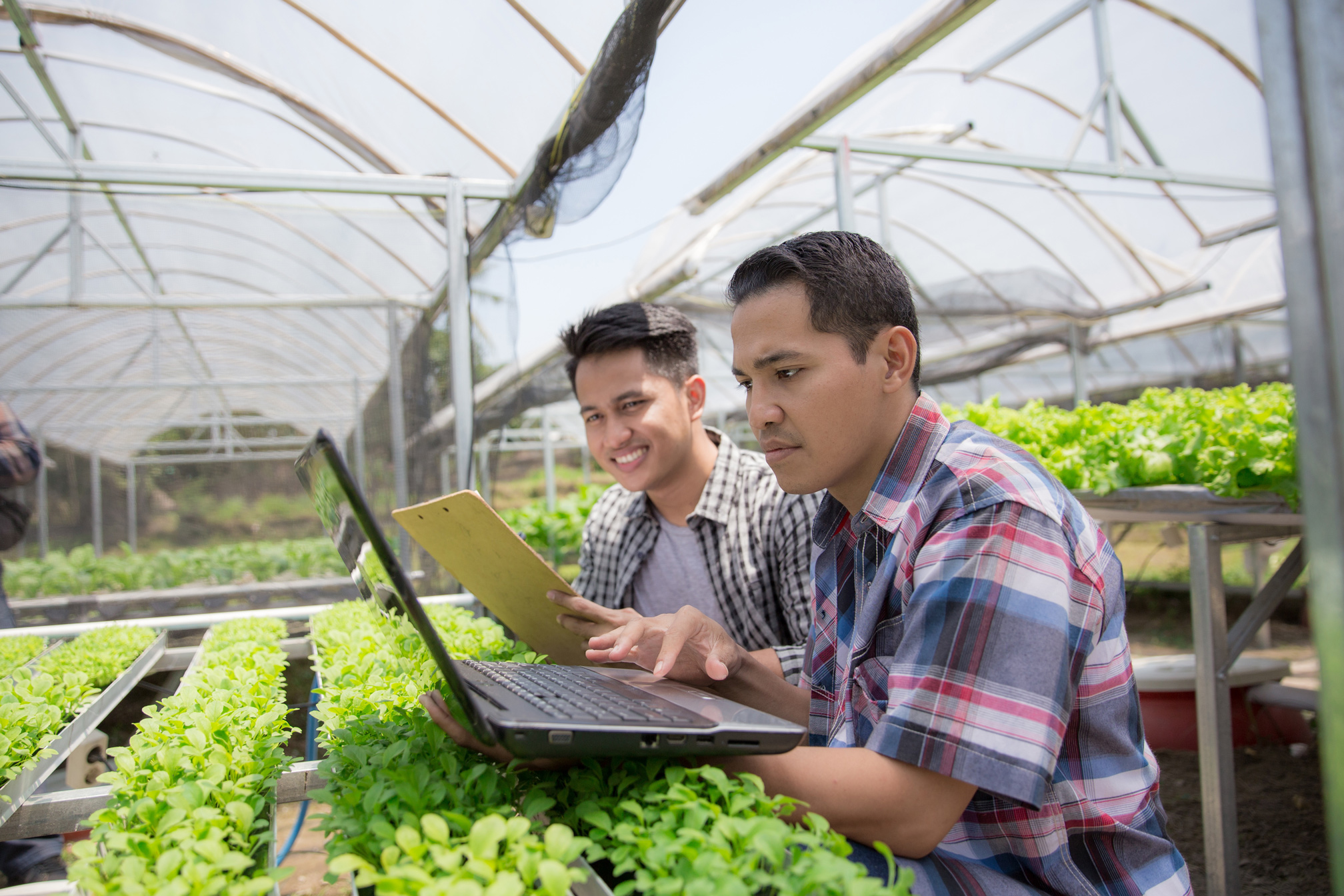
Capacity Strengthening
Capacity strengthening seeks to improve the capabilities of individuals, institutions, and policy systems that contribute to achieving a world free of poverty and malnutrition.
-

Migration and Remittances
Voluntary migration is an important development tool; it can support livelihoods, build resilience, and protect against fragility and conflict. However, migration—particularly when forced—can also exacerbate development challenges and strain food systems.
-

Water and Irrigation Policy and Institutions
Improving water governance and management sustainably for poor women and men contributes to climate resilience, poverty reduction, and food security and nutrition.
-
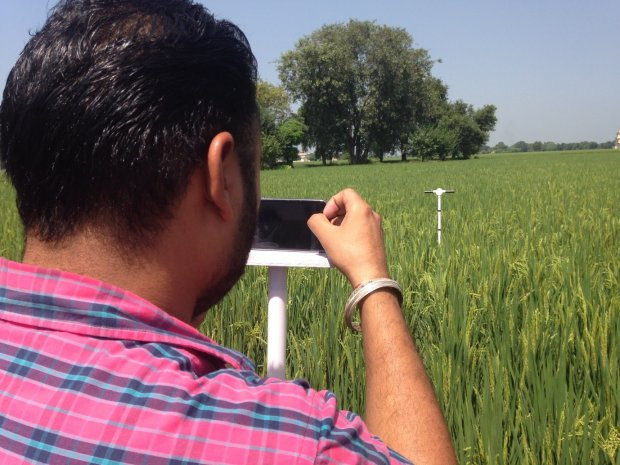
Risk and Insurance
Availability, affordability, and quality of financial instruments for small farmers, bankers, and insurers to reduce agricultural risk, such as agricultural insurance and risk-contingent credit can increase resilience and improve rural livelihoods, when bundled with other risk management tools.
-
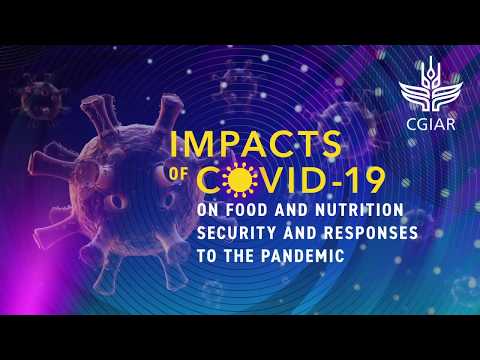
COVID-19
IFPRI is actively working to support evidence-based policymaking in the context of COVID-19 at national, regional, and global levels.
-
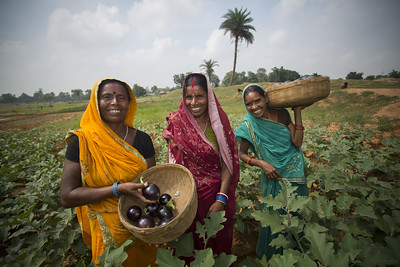
Food Systems
Food systems comprise the entire food value chain— from inputs and production to transportation, sale, and retailing to consumption and disposal— plus the enabling policy and food environments.
-
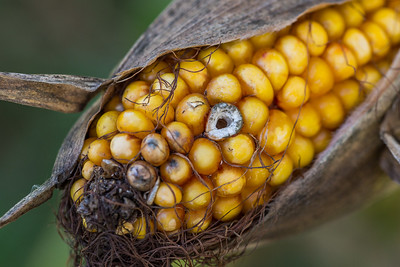
Food Safety
Food safety is closely linked to food security, nutrition, water safety, and human health.
-
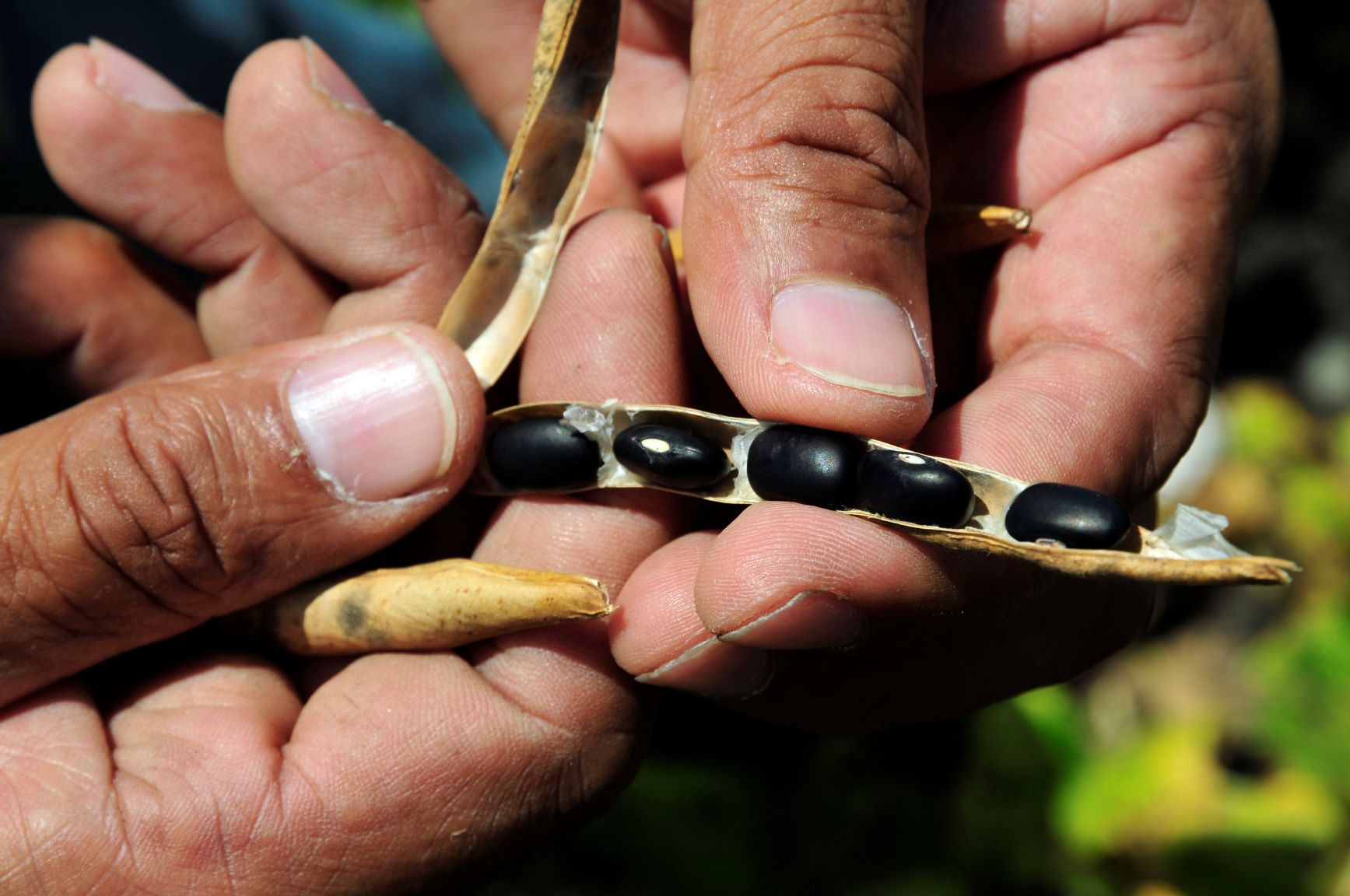
Biofortification
Biofortification produces staple food crops with higher levels of essential vitamins and minerals to improve health and livelihoods and address global “hidden hunger”
-

Ecosystem Services and Biodiversity
Healthy ecosystems provide services—such as water supply and filtration, pollination, soil retention, and climate regulation—that are essential for food security and sustainable development. Biodiversity is indispensable to the supply of many vital ecosystem services.
-
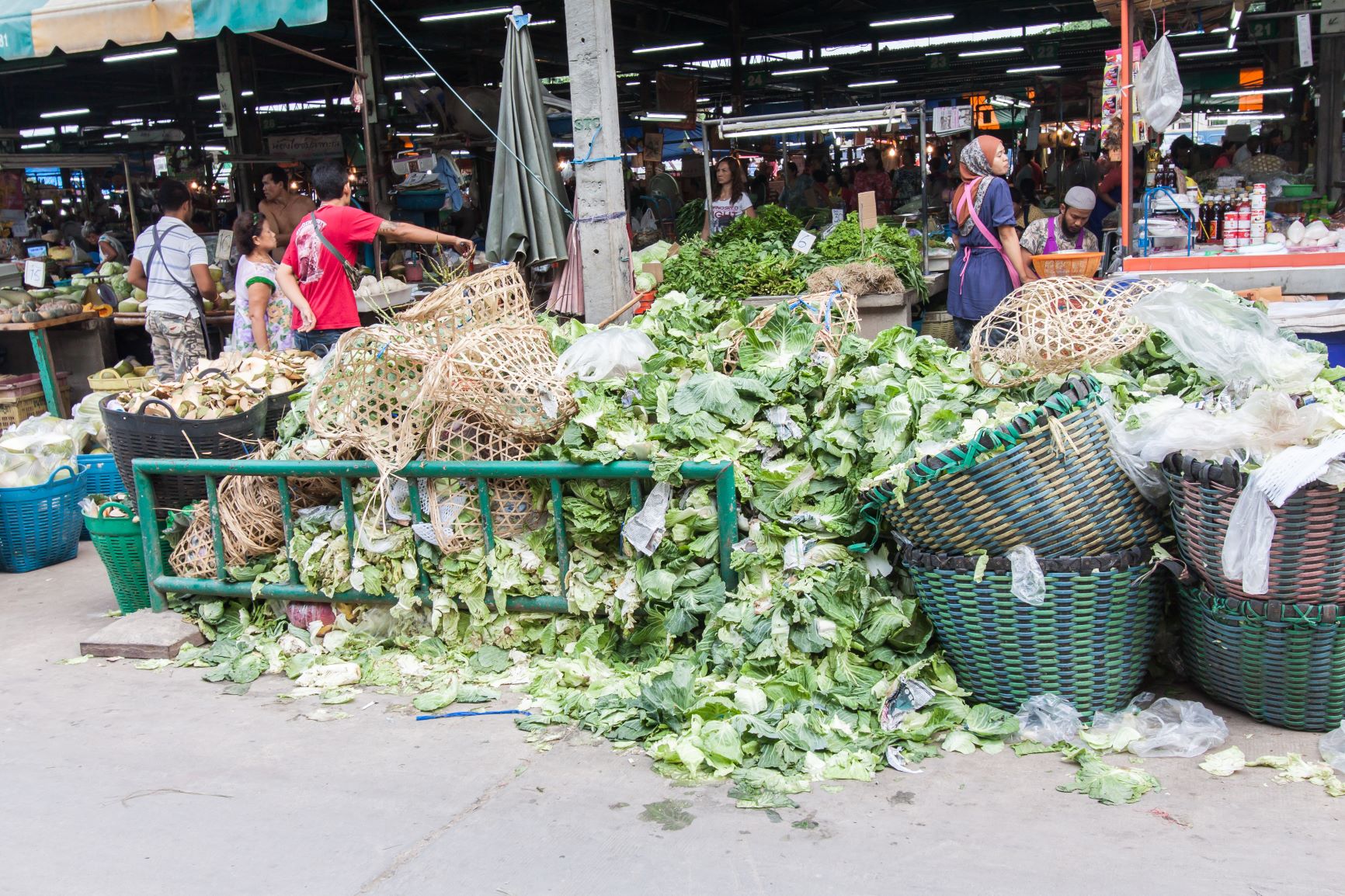
Food Loss and Waste
A better understanding of food loss and waste can help improve food security, make the use of our natural resources more efficient, and reduce greenhouse gas emissions.
-
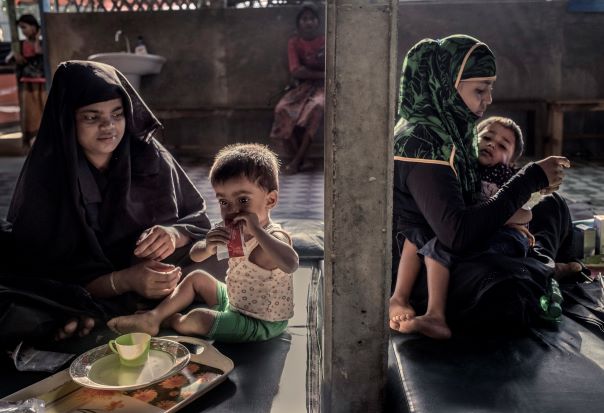
Food Crises
Food crises driven by economic turmoil, conflicts, and climate shocks have widespread consequences for food security and stability.
-
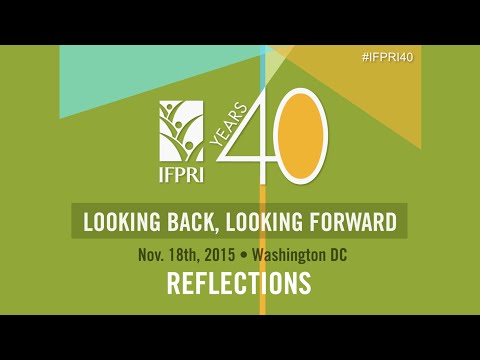
40th Anniversary in 2015
In 1975, IFPRI was established with a mission to provide research-based policy solutions to sustainably reduce poverty and end hunger and malnutrition in developing countries.
-

Trade
Inclusive, efficient international trade can support food security, poverty reduction, and food system transformation for low- and middle-income countries.
-

Health
To understand the intrinsic links between agriculture, nutrition, and health, IFPRI addresses a range of issues from antimicrobial resistance to social protection.
-
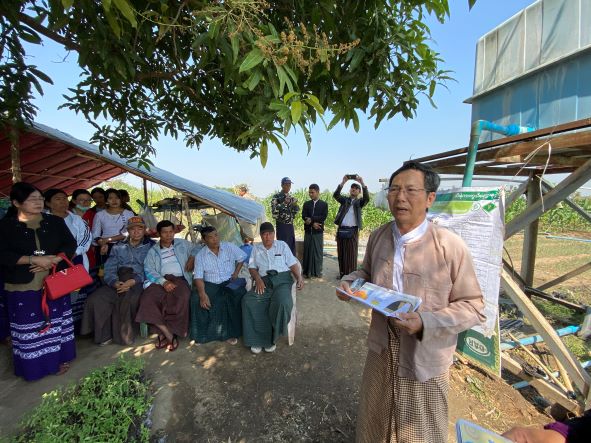
Agricultural Extension
Agricultural extension and advisory services for smallholder farmers are crucial to reducing poverty and food and nutrition insecurity, conserving the environment, and confronting new challenges.
-

Food Prices
Risk-coping food policy analysis tools from IFPRI provide data, news, and evidence-based research to help countries avoid or mitigate food price spikes.
-

Poverty
Policy innovations can pave the way for families, men, and women to move out of poverty, improving livelihoods, food security, and nutrition.
-

Markets and Value Chains
Well-functioning food and agricultural value chains are essential for economic growth and food and nutrition security
-
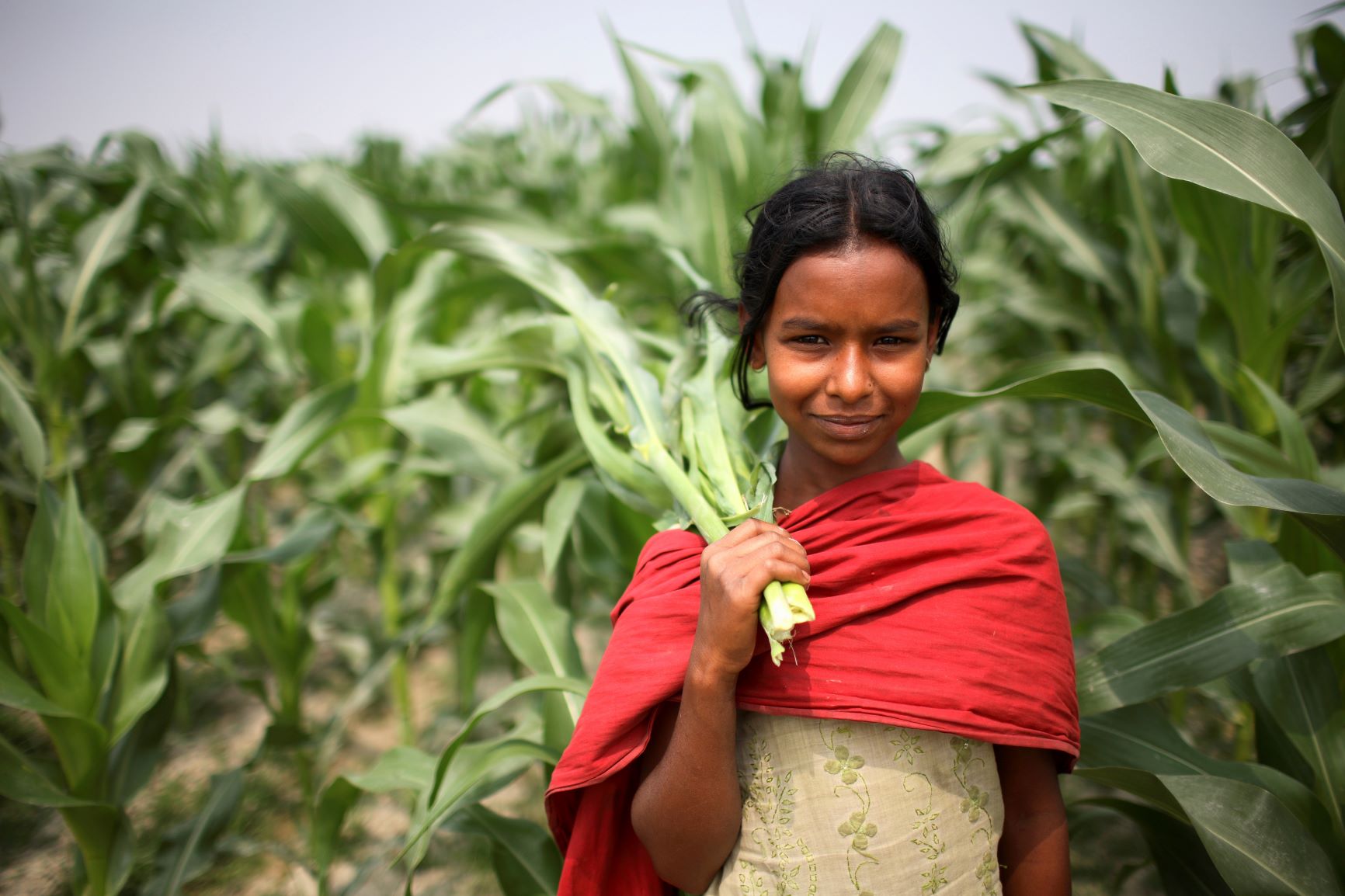
Resilience
Building resilience to climate change and economic shocks that threaten food and nutrition security requires a range of interventions.
-
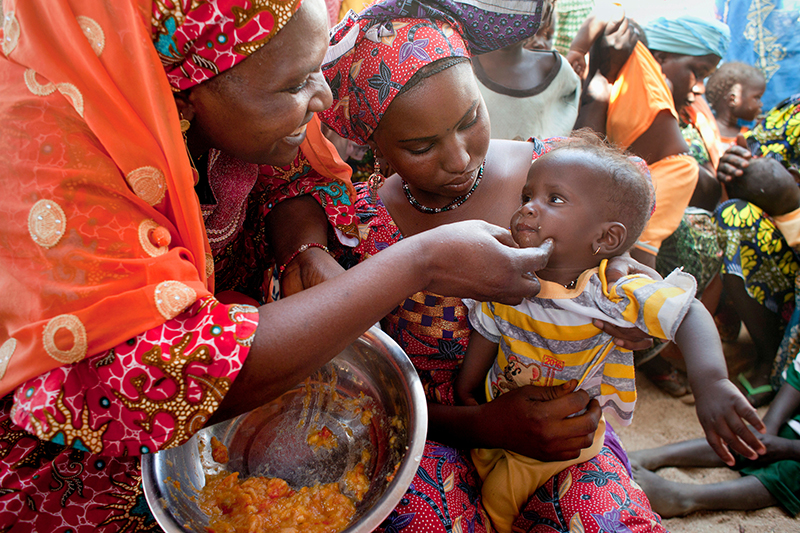
Nutrition
Malnutrition is among the most pernicious problems eroding people’s well-being.
-

Governance
Effective, inclusive, responsive, efficient, and accountable governance is central to the development of sustainable food systems, and more broadly to reducing rural poverty, hunger, malnutrition, and social inequality, as well as to protecting natural resources.
-

Food Security
A changing climate, growing global population, and environmental stressors will affect food security, requiring adaptation strategies and policy responses.

The 2024 Global Food Policy Report
This decade has been marked by multiple, often overlapping, crises. The COVID-19 pandemic, natural disasters, and the ongoing war in Ukraine have all threatened the fabric of our global food systems. But opportunities can be found amid crises, and the world’s food systems have demonstrated surprising resilience. With new evidence on what works, now is the time to rethink how we address food crises. Better prediction, preparation, and resilience building can make future crises less common and less devastating, and improved responses can contribute to greater food security, better nutrition, and sustainable livelihoods.
